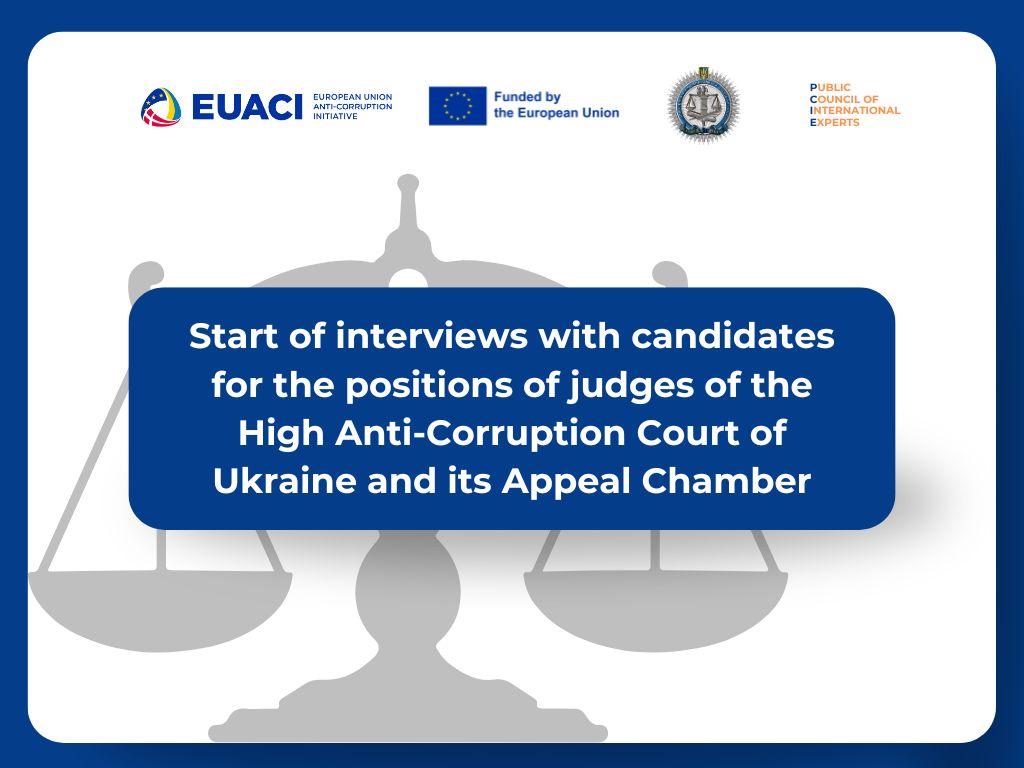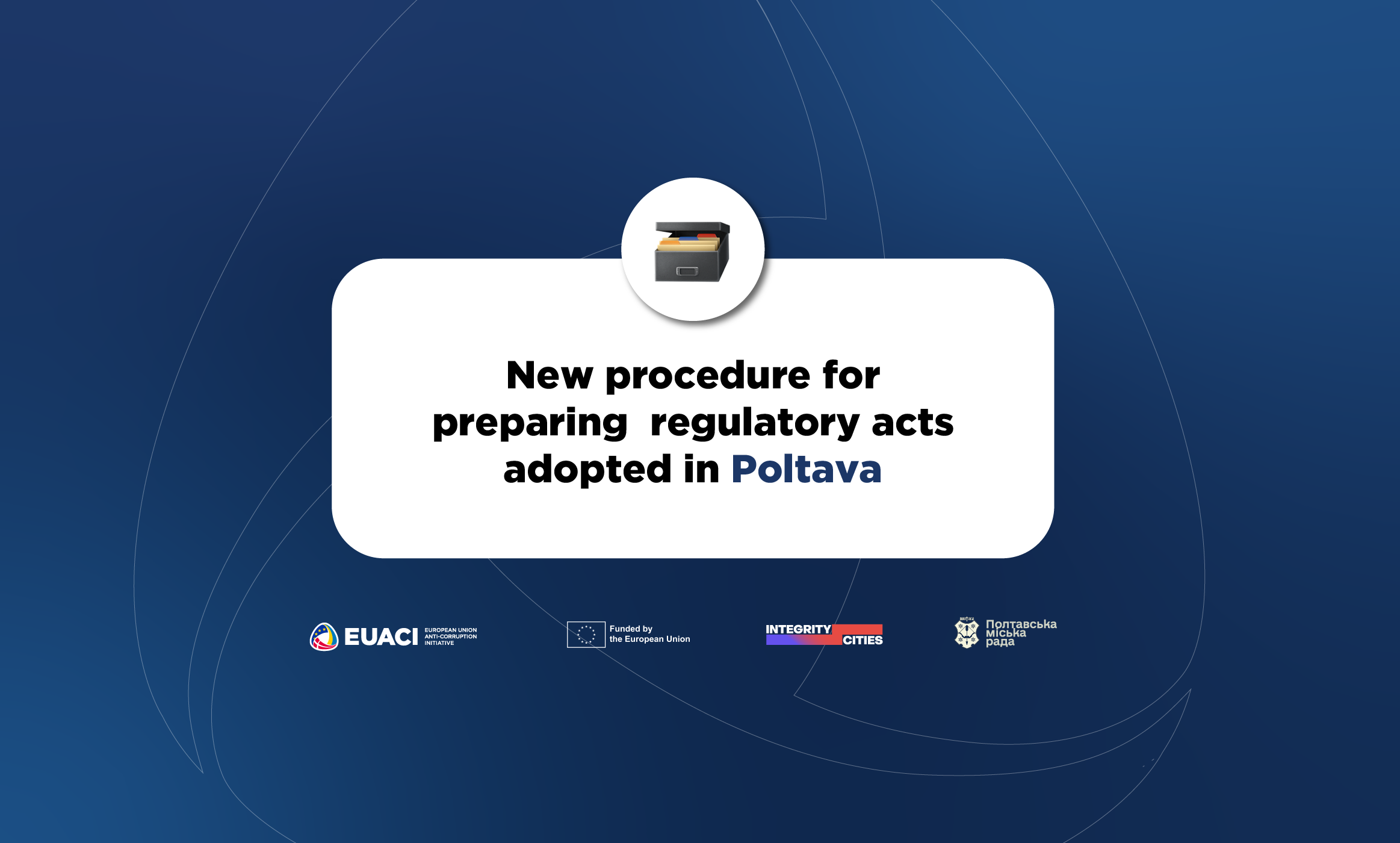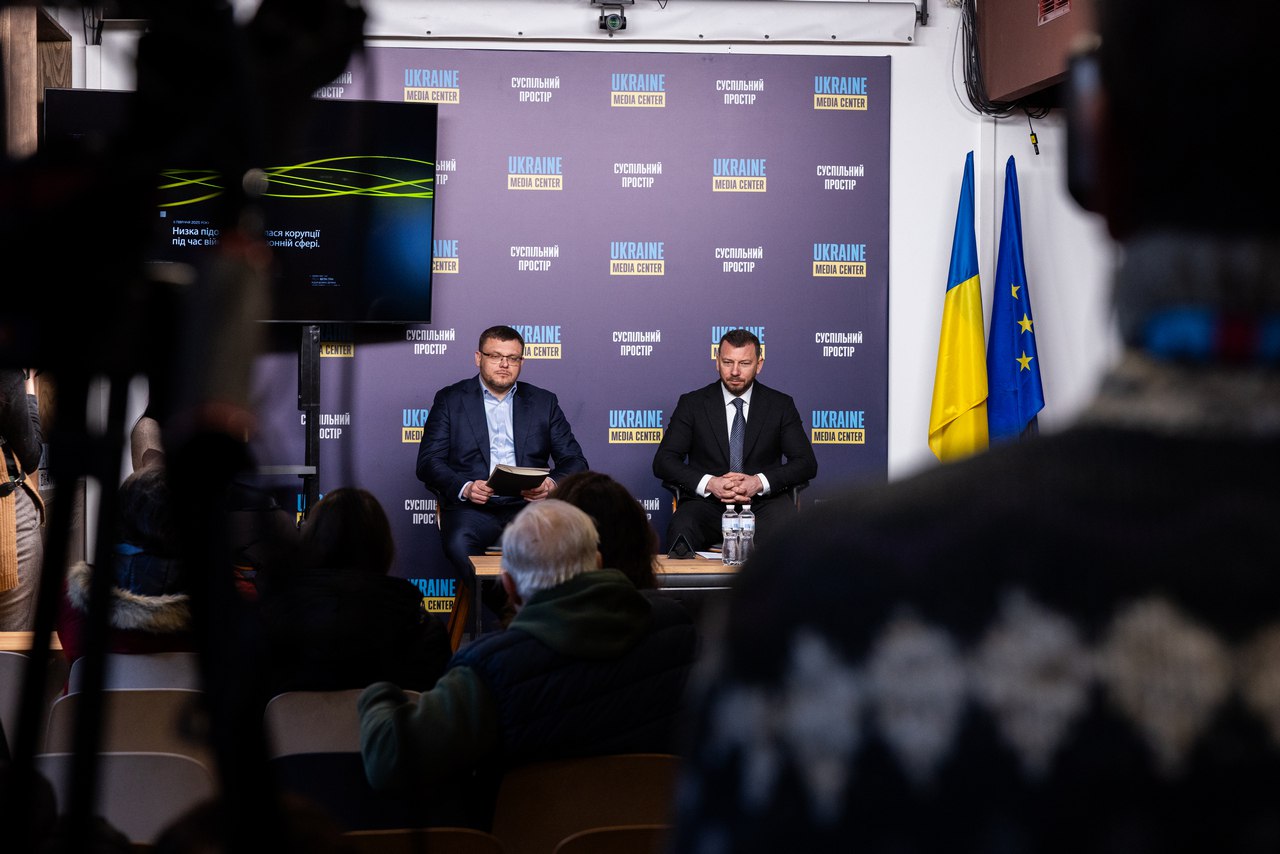On 18 February at Bertelsmann Foundation in Berlin expert debates and presentation of an independent analytical report with an assessment of anti-corruption processes in Ukraine were held. An analytical report ‘Are Ukraine’s Anti-Corruption Reforms Working?’ was prepared with the support of the EUACI and co-authored by international experts John Lough and Volodymyr Dubrovsky.
So far more success restricting opportunities for #corruption than in justice – Lively #Ukraine debate today in #Berlin @BertelsmannSt @CHUkraineForum https://t.co/IDl5FplbIG @JohnLough @mzhernakov Clemens Müller #EUAM @EUACI_Ukraine advisor pic.twitter.com/BoBvpkpFm2
— Miriam Kosmehl (@MiriamKosmehl) February 18, 2019
During the discussion, the leading European experts had discussed the results of implemented anti-corruption measures. Lively debates of experts raised issues on the unprecedented reforms and anti-corruption institutions brought about by an engaged Ukrainian civil society and persistent donor countries. All agreed that the joint pressure of both groups was crucial to establish agencies made from a different fabric than the rest of the judicial and law enforcement system.
Among the participants of debates:
- Senior Anti-Corruption Adviser EUACI/EUAM, Clemens Mueller;
- Associate Fellow, Russia and Eurasia Programme, Chatham House, John Lough;
- Member of the Council of the Reanimation Package of Reforms of the Cabinet of Ministers of Ukraine, Mikhail Zhernakov
#Corruption is a symptom of the poor system of governance in a country, not the cause of it. #Ukraine #euandneighbours debate today in #Berlin @BertelsmannSt @CHUkraineForum @JohnLough @mzhernakov Clemens Müller #EUAM @EUACI_Ukraine advisor pic.twitter.com/q4fiHFB0MX
— Miriam Kosmehl (@MiriamKosmehl) February 18, 2019
Mykhailo Zhernakov pointed to the lack of a properly functioning judicial system as the main problem standing in the way of effective anti-corruption efforts. The former judge explained how the institutions of the judiciary intertwine with the newly established specialised anti-corruption agencies and gave some insight into the challenge of reforming the regular courts. Clemens Müller completed the picture speaking on the important role of the main international actors fostering structural reforms in Ukraine: the EU and its Member States, IMF, EBRD, and World Bank.
At the same time, the selection procedure for the High Anti-Corruption Court (HACC) with the support of international expert can already be called a success, because independent personalities of integrity critically questioned biased candidate-judges. As a result, expectations regarding the HACC becoming operational this year remain high.
The event was organized by the Royal Institute of International Relations Chatham House within the Outreach Programme of the independent analytical report “Are Ukraine’s Anti-Corruption Reforms Working?”.


